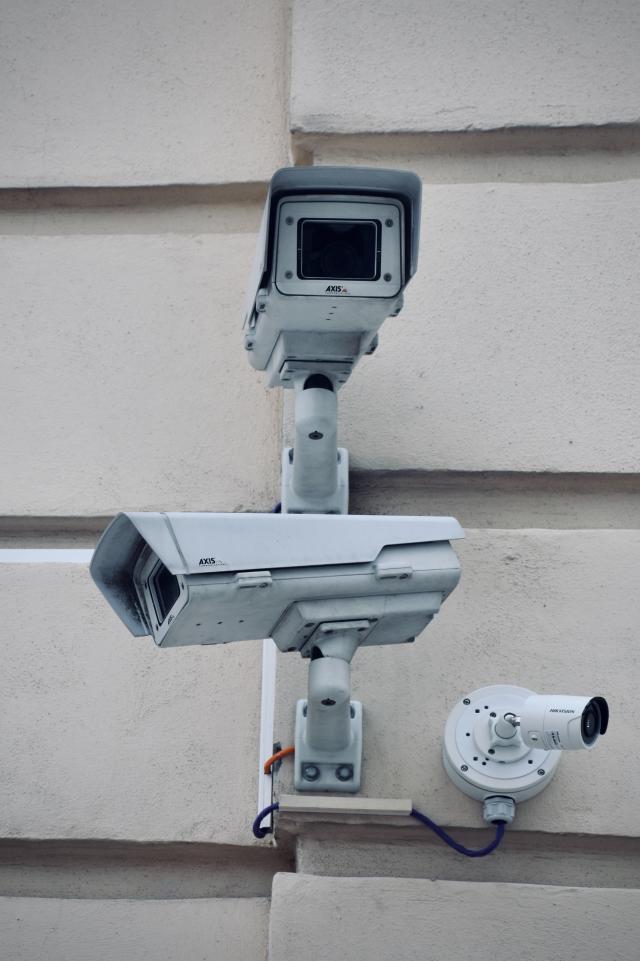Investigation report into VicForests recommends improving governance of surveillance activities to protect personal privacy
Today, the Victorian Information Commissioner published an investigation report into historical allegations that VicForests conducted unlawful surveillance on several members of the public – who were all conducting legitimate opposition to actions of VicForests at the time.
The report found that, sometime in 2010 or 2011, VicForests hired a private investigator to conduct covert surveillance of two environmentalists and a university professor – to gain information to discredit them.
While the private investigator attempted to conduct surveillance of all three on behalf of VicForests, he only collected personal information of one environmentalist – by taking photos and video footage of her going about her daily activities.
The Information Commissioner found that VicForests’ collection of that environmentalist’s personal information through covert surveillance seriously and flagrantly contravened Information Privacy Principle (IPP) 1.1 because it was not necessary for any of its functions or activities and IPP 1.2 because it was unlawful and unreasonably intrusive.
“Whilst the surveillance took place almost a decade ago, the seriousness of the allegations led my office to conduct the investigation upon becoming aware of them. The contraventions of IPP 1.1 and IPP 1.2 were ultimately found to be both serious and flagrant. No one in the community should be subjected to this incursion on their personal privacy,” said Commissioner Sven Bluemmel.
The Information Commissioner found that the that the contraventions of IPP 1.1 and IPP 1.2 were enabled by a lack of governance of surveillance activities at VicForests at the time. He therefore considered issuing VicForests a compliance notice in accordance with section 78 of the Privacy and Data Protection Act 2014 (Vic) (PDP Act).
However, while VicForests rejected the findings of the investigation – based on its view that the Information Commissioner could not be satisfied on the evidence that the alleged surveillance occurred – it has recently developed a new Security and Surveillance Policy addressing OVIC’s concerns about the governance of surveillance activities.
The Information Commissioner therefore decided not to issue a compliance notice but instead made five recommendations to ensure the new policy is properly implemented. VicForests has accepted the recommendations and the office will closely monitor the implementation of the policy and recommendations.
“I would encourage any Victorian government agencies and statutory authorities considering surveillance to proceed with caution. Its purpose must be necessary for your organisation’s functions or purpose and it must be proportionate to a legitimate aim. If in doubt, don’t undertake. If surveillance is required, ensure adequate protections are in place to protect the privacy of individuals being surveyed,” said Mr Bluemmel.
This investigation also highlights the need to uphold and protect individuals’ privacy. Respecting privacy in the use of surveillance protects the human rights of all Victorians and Victoria’s democracy.







